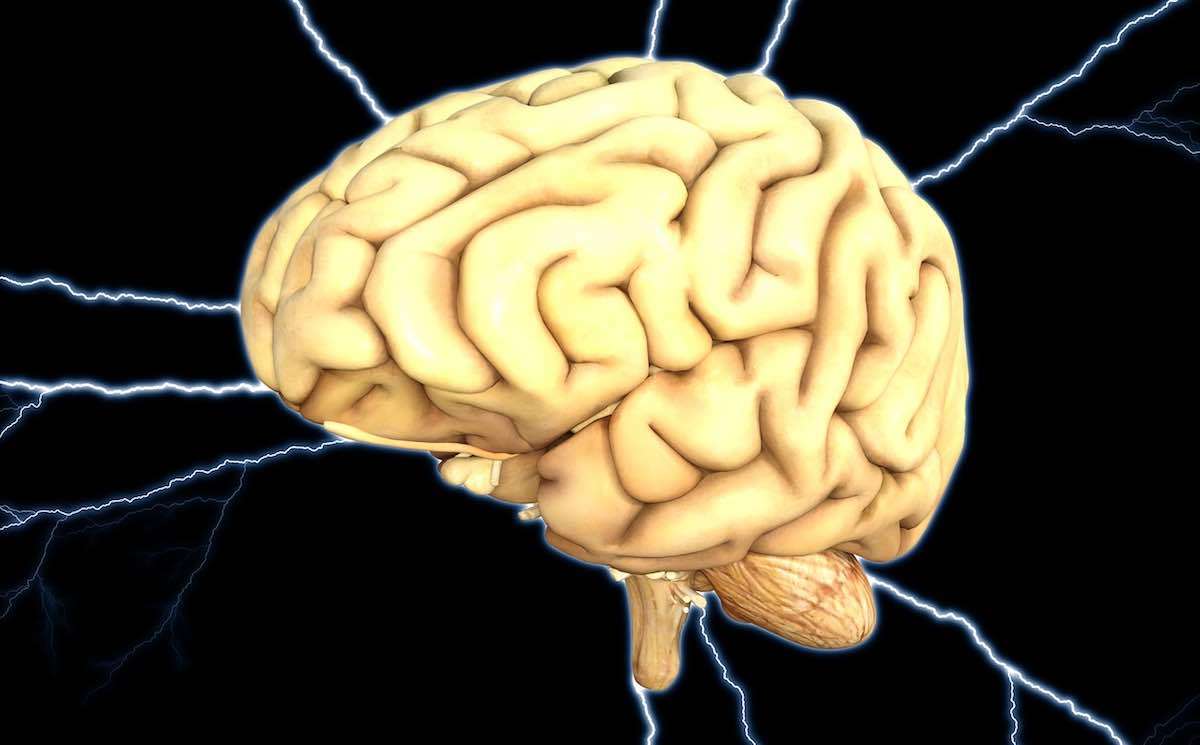New Peanut Allergy Drug Shows Life-Saving Potential - and It Could Be Available as Soon as 2019
In what is being hailed as a historic new breakthrough in allergy treatment, this new study shows the "life-saving" efficacy of a peanut allergy drug.

In a world first, Japanese neurosurgeons have implanted a Parkinson's disease patient with "reprogrammed" stem cells – and if the treatment continues to show success, then it could be sold to other patients as early as 2023.
The devastating disease is caused by a lack of cells in the brain that produce dopamine, which is an essential neurotransmitter in the brain. The decrease in dopamine causes trembling, a decline in motor functions, and – if the disease progresses – dementia.
Scientists from Kyoto University in Japan are attempting to reverse the disease by using donated adult stem cells that have been taken from another patient so they can then "reprogram" them into embryonic cells. These reprogrammed embryonic cells, which are called induced pluripotent stem (iPS) cells, can then be developed into dopamine-producing neurons.
Some scientists have expressed concern that the application of these cells would result in malignant tumors, but the research team received permission for the first-of-its-kind clinical trial back in July after they successfully used iPS cells to restore normal brain function in monkeys without any sign of tumors over the course of their 2-year study.
According to Nature, the research team injected 2.4 million of the special cells into the brain of a Parkinson's patient in his 50s – and in the weeks following the 3-hour procedure back in October, "the patient [has been] doing well and there have been no major adverse reactions so far," says scientist Jun Takahashi.
If the patient continues to respond well to the therapy, then the team will implant another 2.4 million cells into the patients brain in 6 months. After that, they plan on testing the therapy on 6 more patients by the end of 2020 to prove its efficacy and safety.
The researchers hopes to have enough evidence to make the treatment commercially available to patients by 2023 as a fast-tracked therapy for neurodegenerative diseases in Japan.
Cure Your Friends Of Negativity By Sharing The News To Social Media
Be the first to comment